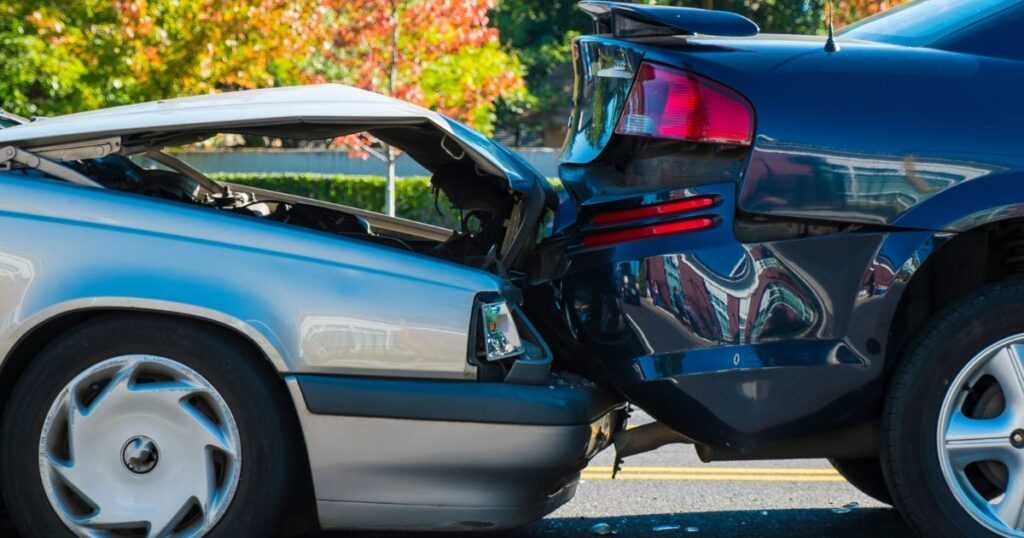Depending on the particulars of your policy, submitting a claim can be financially advantageous when the cost of repairs, medical care, time away from work, or legal representation surpasses the deductible. The best approach to learning about the specifics of your insurance coverage is to read your policy or contact your broker or car accident lawyer.
Keep your cool, report the collision to the police, stay at the site (in a safe place), take pictures, and, if possible, swap insurance and contact information with the other driver(s) as soon as possible after the accident. Claiming compensation after a car accident could be traumatic, but it doesn’t have to be. To file a car accident claim with your vehicle insurance company, here’s what you need to know.
Inform Your Insurer Right Away
Even if you are far from home and the accident was not your fault, you should still contact your insurance company as quickly as possible. Ask your agent about the next steps and the necessary paperwork to back up your claim.
Your insurance provider can ask for a “proof of loss” document and other supporting paperwork, such as receipts for repairs to your vehicle and medical expenses, as well as a record of the police statement. At Lieberman Law, besides providing you with a car accident lawyer, we can help you with claims relating to dog bites, boating accidents, slips and falls, medical malpractice, product liability, wrongful death, and more.
Check the Details of Your Policy, Including the Deductibles
You must understand your coverage to make reasonable claims. To illustrate this, while your automobile is being fixed, you could be eligible for a loaner if your policy includes rental car reimbursement. Your vehicle insurance deductible is the portion of a claim’s costs that you pay out of pocket.
In contrast, your insurance limits are the maximum amounts your insurer will pay for that loss. If you owe more on the car than it’s worth, loan/lease gap coverage might help make up the difference, up to the policy’s limitations.
Consult Your Insurance Adjuster
An insurance adjuster will be assigned to your case by your insurer. After filing a claim, you should expect to hear from the adjuster within a few days. Your adjuster’s car accident claim will schedule an inspection, evaluate the damage to your vehicle, and deal with any claims you may have for personal injuries. An adjuster could also talk to witnesses and look over police reports.
Based on your policy, your insurance company may require you to acquire an assessment for the cost of repairs before releasing payment to the repair shop. Your insurance company will assess the situation after hearing from the adjuster and the repair business.
Replace or Repair Your Car Parts
You can take your car to whatever repair shop you like. Once your insurance claim has been processed and granted, you will receive payment from them (or the repair shop, if you have chosen that option), less any applicable deductibles. If your vehicle is totaled beyond repair, your insurance company will pay you or your lender the car’s market value, less any applicable deductibles.
Keep Track of Your Expenses
If you are involved in an automobile accident, your insurance policy may pay for the damages you sustain. Remember that your no-fault insurer will often cover your hospital and medical bills, as well as other expenditures like lost income and a portion of the cost of hiring a temporary housekeeper.
Get Expert Help
Contact Lieberman Injury Law for an auto accident attorney to help you with your case. Here, we have a team of dedicated professionals who always offer our clients attention, respect, honesty, and personalized services.

